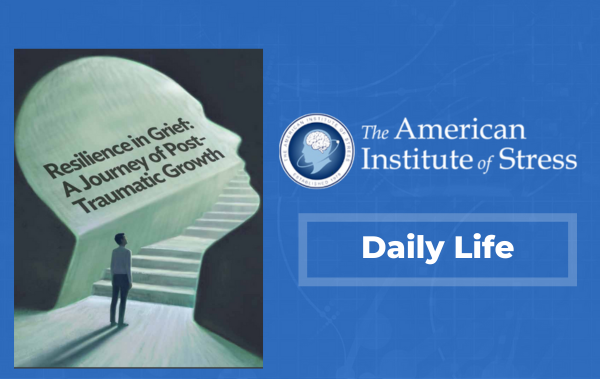 The CDC offers these insights into how people can cope with a crisis situation like Covid-19:
The CDC offers these insights into how people can cope with a crisis situation like Covid-19:
Everyone reacts differently to stressful situations. How you respond to the outbreak can depend on your background, the things that make you different from other people, and the community you live in.
People who may respond more strongly to the stress of a crisis include older people and people with chronic diseases who are at higher risk for the illness; children and teens; people who are helping with the response to COVID-19, like doctors and other health care providers, or first responders, and those who have mental health conditions including problems with substance use.
Signs of stress
• Fear and worry about your own health and the health of your loved ones
• Changes in sleep or eating patterns
• Difficulty sleeping or concentrating
• Worsening of chronic health problems
• Increased use of alcohol, tobacco, or other drugs
How to support yourself
Take care of your body. Take deep breaths, stretch, or meditate. Try to eat healthy, well-balanced meals, exercise regularly, get plenty of sleep, and avoid alcohol and drugs.
Make time to unwind. Try to do some other activities you enjoy.
Connect with others. Talk with people you trust about your concerns and how you are feeling.
Call your healthcare provider if stress gets in the way of your daily activities for several days in a row.
Take breaks from watching, reading, or listening to news stories, including social media. Hearing nonstop about the pandemic can be upsetting.
For parents
Children and teens react, in part, on what they see from the adults around them. When parents and caregivers deal with the Covid-19 calmly and confidently, they can provide the best support for their children. Parents can be more reassuring to others around them, especially children if they are better prepared.
Not all children and teens respond to stress in the same way. Some common changes to watch for include:
* Excessive crying or irritation in younger children
* Returning to behaviors they have outgrown (for example, toileting accidents or bedwetting)
* Excessive worry or sadness
* Unhealthy eating or sleeping habits
* Irritability and “acting out” behaviors in teens
* Difficulty with attention and concentration
* Avoidance of activities enjoyed in the past
* Unexplained headaches or body pain
* Use of alcohol, tobacco, or other drugs
How to support your child
Take time to talk with your child or teen about the outbreak. Answer questions and share facts about COVID-19 in a way that your child or teen can understand.
Reassure your child or teen that they are safe. Let them know it is OK if they feel upset.
Share with them how you deal with your own stress so that they can learn how to cope from you.
With schools closed, create a schedule for learning activities and relaxing or fun activities.
Be a role model. Take breaks, get plenty of sleep, exercise, and eat well.





